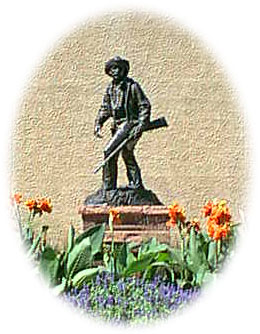
The Victory Building, named to commemorate America's victory in World War I, is one of Nebraska's finest examples of early 20th Century industrial architecture. It was constructed between 1917 and 1920 by harness maker William Dutton as a factory and warehouse and financed in part by converting wartime Victory Bonds into capital for the project. Hastings architect C.W. Way designed the six-story structure in the Sullivan-esque style, using steel reinforced concrete, concrete pan-joist floors and a brick and terra cotta facade. Other distinctive characteristics include decorative terra cotta "VB"s (for Victory Building) and "D"s (for Dutton Company) on the facade, the ornate clock from the former German National Bank of Hastings, which was added to the building in 1970, and the height of the structure, tallest in the Hastings business district. The Dutton-Lainson Company, founded in 1886, has occupied the building continuously since its completion. The Victory Building was named to the National Register of Historic Places in 1987.